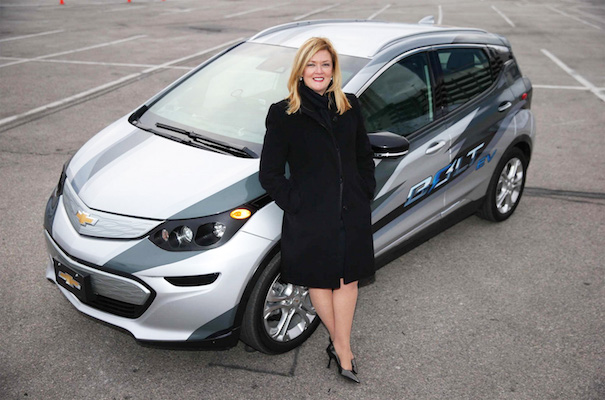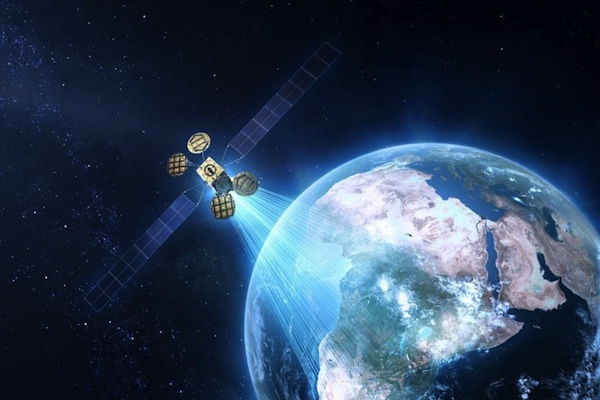GM turned heads at the 2016 CES (Consumer Electronics Show) with the launch of the groundbreaking 2017 Bolt electric vehicle, the first electric car with a long electric range (200 miles per charge, comparable to a Tesla Model S) but an affordable sticker price ($30,000). Inhabitat chatted with Pam Fletcher, the Executive Chief Engineer of Electric Vehicles over at GM to learn more about this accomplishment and what it took for one of the world’s largest car manufacturers to unveil such an innovative car. Read on for the interview. INHABITAT: Congratulations on the launch of the Chevy Bolt! How long did it take to get to that point? FLETCHER: The 2017 Chevrolet Bolt EV made its public debut yesterday after years of hard work. But one question that didn’t get a lot of attention in all the fanfare was: How did we get here? Many think our size is a disadvantage – that GM’s size is too big and not agile enough to develop a product like the Bolt EV. But without GM’s scale we would never have been able to build it and here’s why. It all starts with the people, and people is something GM has in abundance. […]
Continue reading... →The conscious emulation of life’s genius is a survival strategy for the human race, a path to a sustainable future. The more our world functions like the natural world, the more likely we are to endure on this home that is ours, but not ours alone.
Continue reading... →
